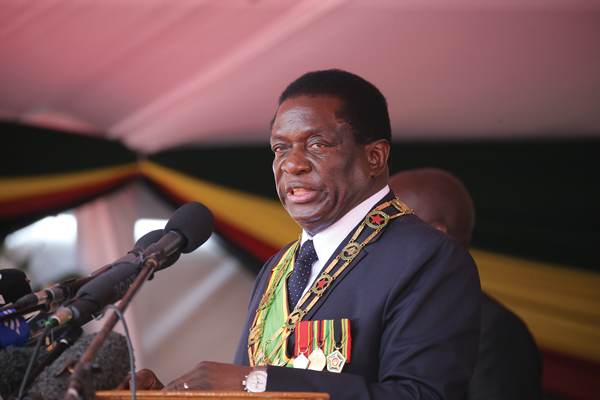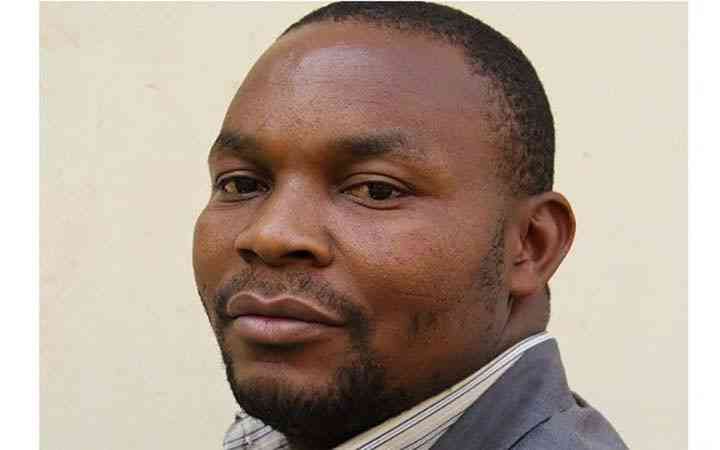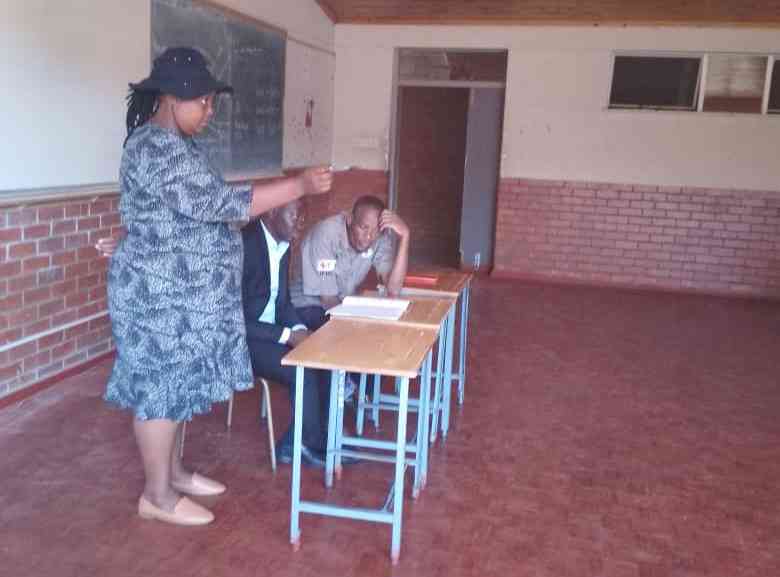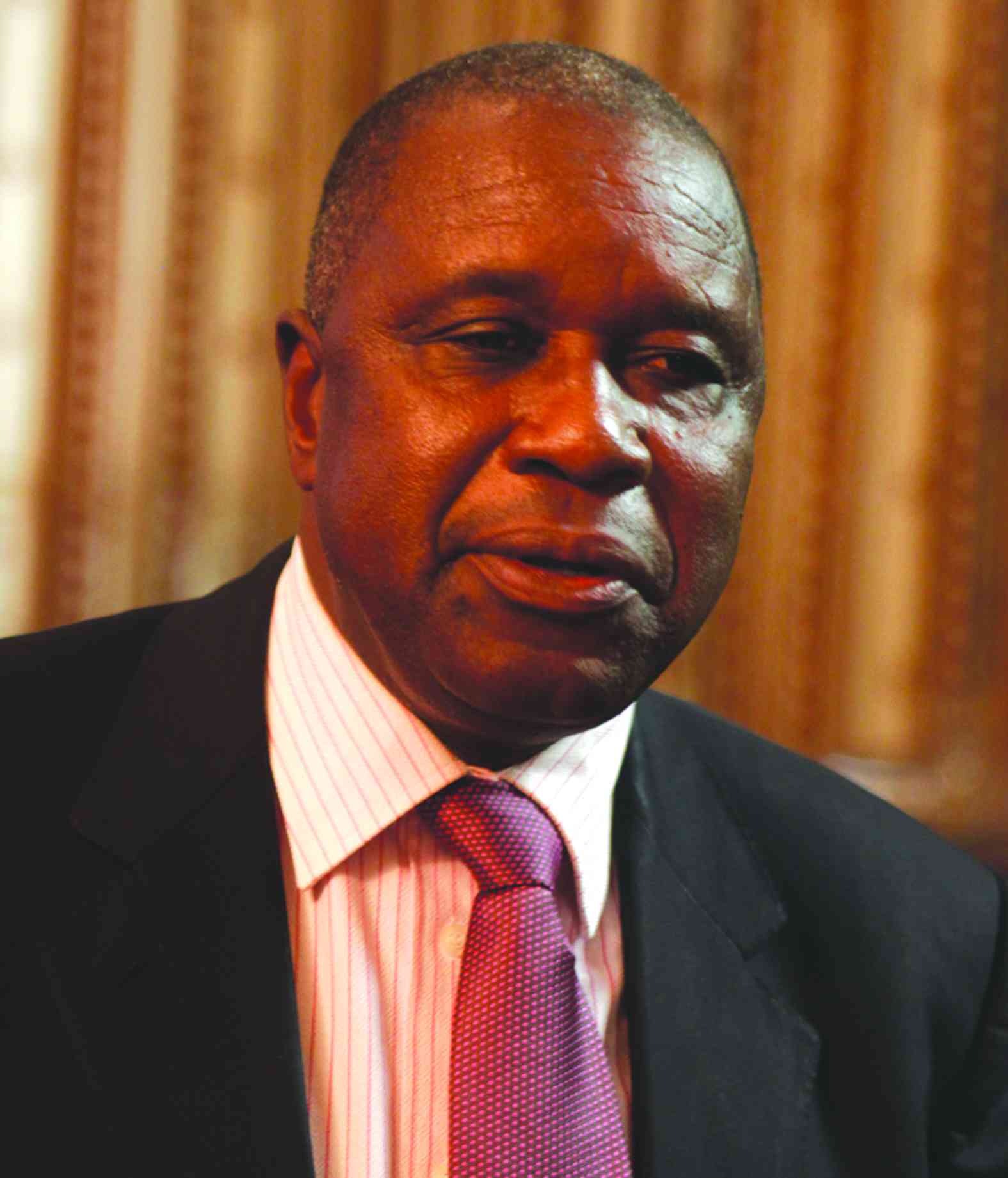
BY MOSES MATENGA
FORMER United Nations high commissioner for human rights Navi Pillay says human rights violations in Zimbabwe are worsening under President Emmerson Mngangagwa’s government.
Pillay said hopes that Zimbabwe’s human rights record would improve after long-time ruler Robert Mugabe’s ouster in a military coup in 2017 were dissipating.
Mnangagwa took over from Mugabe promising a “new kind of democracy”, but the former top UN rights official said Zimbabweans were now suffering under the weight of a multifaceted crisis.
Pillay was speaking at the Law Society of Zimbabwe-organised Walter Kamba Rule of Law Award ceremony in Harare on Friday night in honour of the late first black vice-chancellor of the University of Zimbabwe and renowned lawyer Walter Kamba.
“In the year 2019, the human rights environment deteriorated dramatically in Zimbabwe,” she said.
“It is heartbreaking for me and I am sure for Walter Kamba, had he been alive to see so much suffering, to have the hopes of Zimbabweans for a better future under change of government crushed.
“In almost every facet of life, deterioration of civil and political rights and ESCR has reached crisis proportions,” she said.
- Chamisa under fire over US$120K donation
- Mavhunga puts DeMbare into Chibuku quarterfinals
- Pension funds bet on Cabora Bassa oilfields
- Councils defy govt fire tender directive
Keep Reading
ESCR are human rights concerning the basic social and economic conditions needed to live a life of dignity and freedom, relating to work and workers’ rights, social security, health, education, food, water, housing, healthy environment, and culture.
Pillay said the crisis in Zimbabwe was characterised by “chronic shortages of physical cash, spiralling cost of food, itself a scarce commodity, fuel shortages, inflation at 300% and unemployment.”
The International Commission Against The Death Penalty president also said Zimbabwe needed to address issues around citizens’ rights to health, which were threatened by shortages of medicine, lack of adequate equipment and staff at hospitals.
“The cities of Bulawayo and Harare were hit by water shortages in 2019 with 48-hour water-shedding in Bulawayo and a total shutdown of water supplies in Harare on September 23,” Pillay added.
She also criticised the security forces for killing civilians during protests.
“Yet security forces reportedly used live firearms to forcibly put down civilian protests against the 130% increase in fuel prices in January 2019, in which 16 civilians were killed, 600 persons arrested in August/September 2019, in a widespread crackdown against protests,” Pillay said.
“The Kgalema Motlanthe Commission of Inquiry set up by President Mnangagwa to investigate the post-election violence of August 2018 recommended the arrest and prosecution of perpetrators alleged to have killed and injured protesters, but this recommendation was not implemented.
“There is need urgently to demilitarise law enforcement and restore constitutional powers.”
Mnangagwa insists that his government’s reform agenda is on course despite heavy criticism from Western countries, who have deplored the abuse of human rights.










